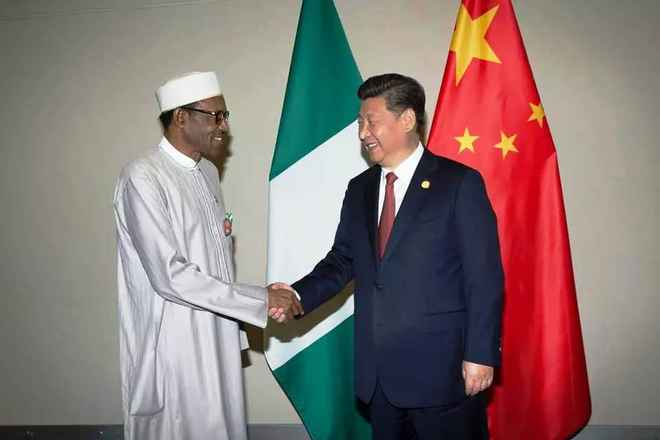Understanding FG’s One China policy
In January 2017, President Muhammadu Buhari’s administration made a significant diplomatic decision, directing the Minister of Foreign Affairs Geoffrey Onyeama to inform the world that Nigeria would no longer recognise Taiwan as a country but part of China. This policy – One China – was, therefore, documented in a memorandum of understanding which the Nigerian […]


In January 2017, President Muhammadu Buhari’s administration made a significant diplomatic decision, directing the Minister of Foreign Affairs Geoffrey Onyeama to inform the world that Nigeria would no longer recognise Taiwan as a country but part of China.
This policy – One China – was, therefore, documented in a memorandum of understanding which the Nigerian government signed with the People’s Republic of China’s government.
The “One China’’ policy is a principle that implies both mainland China and Taiwan are inalienable parts of a single sovereign China. So, in 2017, Onyeama announced to the world during a news conference with the visiting Chinese Foreign Minister Wang Yi that Nigeria would no longer allow Taiwan continue to operate in Nigeria as a country. According to Onyeama, Nigeria had communicated to Taiwan and it had agreed to move the office to Lagos as soon as possible.
“Taiwan will stop enjoying any privileges because it is not a country that is recognised under international laws and under the position; we have taken decision to abide by the One China Policy,’’ he said. He further reiterated that the steps taken were to right the wrong that one could not say how it came. According to him, Nigeria’s support of “One China’’ policy means it recognizes the Peoples Republic of China as sole legal authority undertaking diplomacy and other bilateral relations.
Further to Nigeria-China agreement, the Federal Government sent circulars to all ministries, departments and agencies, directing them to stop recognising Taiwan as a country.
Observers noted that Buhari’s decision was apt, recalling that Nigeria and the People’s Republic of China had been in viable diplomatic relations for more than for 46 years.
According to them, the two developing countries share many things in common, including Nigeria being the most populous in Africa and China the most populous in the world.
Another importance of respecting the “One China’’ policy is that China is one of the countries that have been in full support of reforms in UN, that would see Africa having two seats at the UN Security Council.
Unarguably, China remains a technologically advanced country and a super power and Nigeria tends to gain more in maintaining a strong relationship with Beijing than with Taipei, Taiwan. Similarly, China commands a considerable market for Nigeria’s oil exports and it has demonstrated high commitment towards keeping its position as biggest buyer of Nigeria’s crude oil.
Also, Chinese officials in Nigeria say there are more than 40 Chinese core investors and companies operating in Nigeria, including education, science and cultural exchanges.
Beside this, cooperation and economic engagements between China and Nigeria have created significant benefits for Nigeria, popularising the present administration’s change and diversifications agenda. Pledging commitment to the agreement, Dr. Zhou Pingjian, Chinese Ambassador to Nigeria, noted that Nigeria has been an important partner of China in Africa.
The “One China’’ policy of the Federal Government is, therefore, worthwhile considering the position of China in world’s politics.
Lawal Sale writes from Abuja ([email protected])
